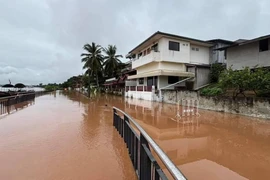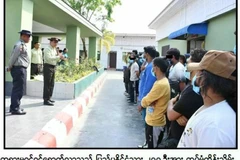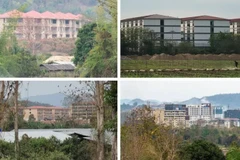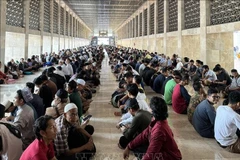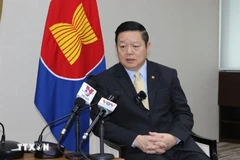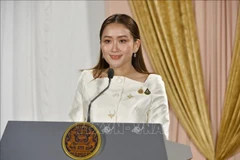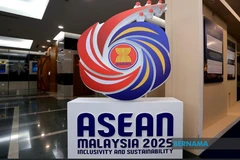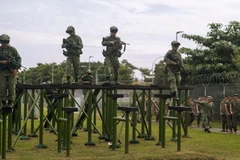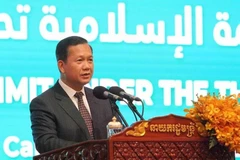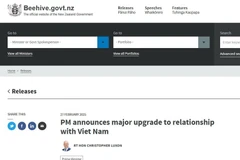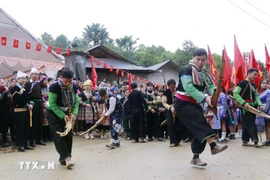Bangkok (VNA) – The Thai government is urgently seeking additional revenue sources in the context that the Southeast Asian country has faced a budget deficit for more than 20 years and with no turnaround in sight.
In her speech at the parliament, Prime Minister Paetongtarn Shinawatra said that the government plans to generate new income by bringing the informal economy and underground economy, which are estimated to account for over 50% of GDP, into the tax system.
Laws will also be adapted to align with current conditions and the feasibility of tax reform will be explored including the implementation of a negative income tax system, she said.
At the same time, the government aims to create new revenue streams by attracting new tourism sectors, including entertainment complexes.
Local media quoted a source from the Government House indicating that the government's revenue-generating strategy is focused on finding funding to support the rising costs of social welfare.
In its report on social budgeting, the National Economic and Social Development Council (NESDC) of Thailand noted that the government spending on social welfare in 2021 amounted to 1.16 trillion THB (35.24 billion USD), or 7.15% of GDP.
Most of the revenue for social budgeting comes from government contributions, and there is a growing imbalance between public revenue and expenditures, necessitating the prioritisation of budget spending.
Furthermore, the country’s social welfare spending, particularly cash benefits, has increased annually, especially after the introduction of the State Welfare Card in 2018. The social welfare budget, which was 17 billion THB in 2017, jumped to 132.9 billion THB in 2021. Between 2012 and 2019, government spending on social welfare grew by an average of 7.1% annually, with a continuing upward trend.
Suwit Sappavitthayasiri, Assistant Director of the Fiscal Policy Research Institute (FPRI), pointed to two ways the government can control the budget deficit while still allocating funds for welfare programmes - raising taxes or expanding the tax base. However, increasing taxes in Thailand is challenging due to existing constraints.
As a result, the government's policy to bring the informal economy and underground economy, which account for 50% of the total economy, into the formal tax system is crucial for expanding the tax base, he said./.

Thailand considers welfare coverage for freelance workers
The Thai Government is considering granting freelance workers the same welfares accorded to those who are registered with the Social Security Fund (SSF), on the condition that they pay income taxes.

